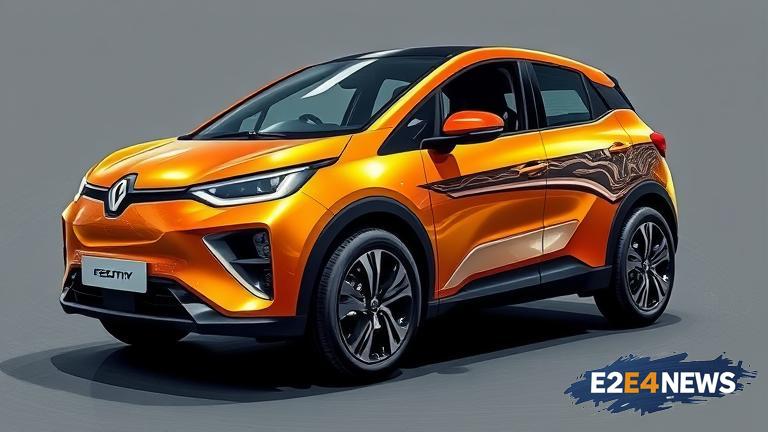The Indian government has announced a comprehensive plan to promote the adoption of electric vehicles (EVs) in the country. The plan includes a range of incentives and initiatives to encourage the use of EVs, including tax exemptions, subsidies, and investment in charging infrastructure. The government aims to have at least 30% of new vehicle sales be electric by 2030. To achieve this goal, the government will provide subsidies to manufacturers and buyers of EVs, as well as invest in the development of charging infrastructure. The plan also includes measures to promote the use of EVs in public transportation, such as buses and taxis. The government will also provide incentives to states that promote the use of EVs, such as offering additional subsidies and exemptions. The plan is expected to have a significant impact on the environment, as EVs produce zero emissions and can help reduce air pollution in urban areas. The government has also announced plans to develop a network of charging stations across the country, with a goal of having at least one charging station for every 3,000 vehicles. The plan has been welcomed by the automotive industry, which sees it as a major opportunity for growth and development. Several major automakers have already announced plans to launch new EV models in India, including Hyundai, Tata Motors, and Mahindra & Mahindra. The government has also announced plans to develop a comprehensive policy framework to support the growth of the EV industry, including regulations and standards for EVs and charging infrastructure. The plan is expected to create new job opportunities in the EV sector, including in manufacturing, sales, and maintenance. The government has also announced plans to provide training and education programs to help workers develop the skills they need to work in the EV industry. The plan has been praised by environmental groups, which see it as a major step forward in reducing India’s carbon footprint. The government has also announced plans to promote the use of EVs in rural areas, where they can help reduce dependence on fossil fuels and promote economic development. The plan is expected to have a significant impact on the Indian economy, as it can help reduce the country’s dependence on imported oil and promote the growth of domestic industries. The government has also announced plans to develop a network of EV charging corridors along major highways, which will help promote the use of EVs for long-distance travel. The plan has been welcomed by consumers, who see it as a major opportunity to reduce their carbon footprint and save money on fuel costs. The government has also announced plans to provide incentives to companies that invest in EV charging infrastructure, such as tax exemptions and subsidies. The plan is expected to have a significant impact on the Indian automotive industry, which is expected to see major growth and development in the coming years. The government has also announced plans to develop a comprehensive database of EV owners and charging infrastructure, which will help track the growth of the EV industry and identify areas for improvement. The plan has been praised by industry experts, who see it as a major step forward in promoting the adoption of EVs in India. The government has also announced plans to promote the use of EVs in government fleets, such as buses and cars, which will help reduce the government’s carbon footprint and promote the use of EVs. The plan is expected to have a significant impact on the environment, as it can help reduce air pollution and promote the use of clean energy.
